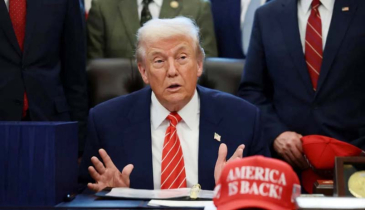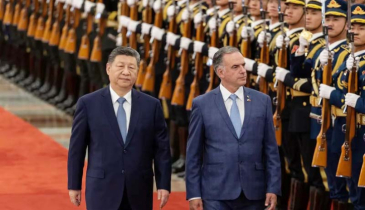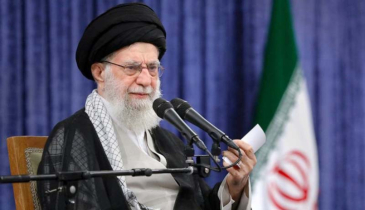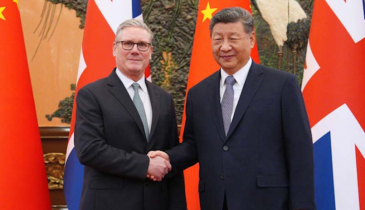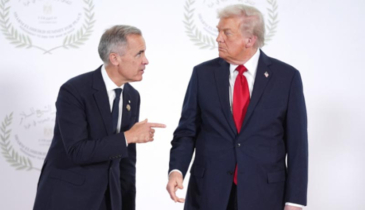US strikes failed to destroy Iran's nuclear sites: intelligence report
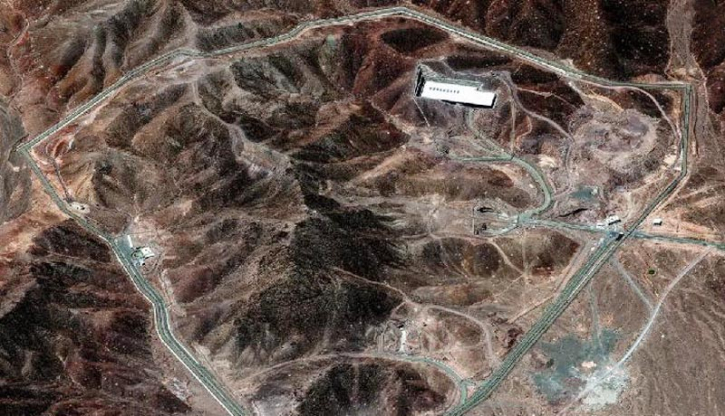
A preliminary US intelligence report has found that recent American airstrikes failed to destroy Iran’s nuclear infrastructure, merely delaying its progress by a few months. The assessment comes as a fragile ceasefire, brokered by U.S. President Donald Trump, begins to take effect between Iran and Israel.
On Tuesday, both Tehran and Tel Aviv signaled a temporary halt to hostilities, following Trump’s public reprimand for violating the ceasefire he had declared at 0500 GMT. After nearly two weeks of conflict, during which the U.S. joined with strikes targeting Iran’s uranium enrichment facilities, both sides began lifting civilian restrictions and sought to claim success.
US President Trump claimed over the weekend that the U.S. had used 30,000-pound bombs to “obliterate” Iran’s nuclear program. However, an initial analysis from a U.S. intelligence agency, as reported by sources familiar with the matter, appeared to contradict this statement.
According to one source, Iran’s enriched uranium reserves remained intact, and much of the nuclear program—which is built deep underground—suffered only limited setbacks, possibly delaying progress by just one to two months. Iran maintains that its nuclear activities are solely for civilian energy use.
The White House rejected the intelligence findings, calling the report “flat out wrong.” But the Defense Intelligence Agency’s assessment reportedly concluded that while entrances to two nuclear sites were blocked, the core underground facilities remained structurally undamaged.
The Washington Post, citing an unnamed official, reported that several centrifuges had survived the bombardment.
In a briefing to the UN Security Council, the Trump administration stated that the strikes had “degraded” Iran’s nuclear capabilities, a more modest claim than Trump’s earlier assertion of total destruction.
Israeli Prime Minister Benjamin Netanyahu declared that the attack had neutralized the threat of a nuclear strike and vowed to prevent Iran from reestablishing its weapons program. “We have eliminated two existential threats: nuclear annihilation and a potential strike from 20,000 ballistic missiles,” Netanyahu said.
Iranian President Masoud Pezeshkian, meanwhile, described the ceasefire as a “great victory” for his country. He reportedly told Saudi Crown Prince Mohammed bin Salman that Tehran was open to resolving disputes with the US, according to state-run IRNA.
The conflict erupted on June 13 when Israel launched a surprise air campaign, targeting Iranian nuclear sites and killing senior military officials—the most severe blow to the Islamic Republic since its war with Iraq in the 1980s. Iran responded with heavy missile attacks on Israeli military installations and cities, while continuing to deny it seeks nuclear weapons.
.png)


